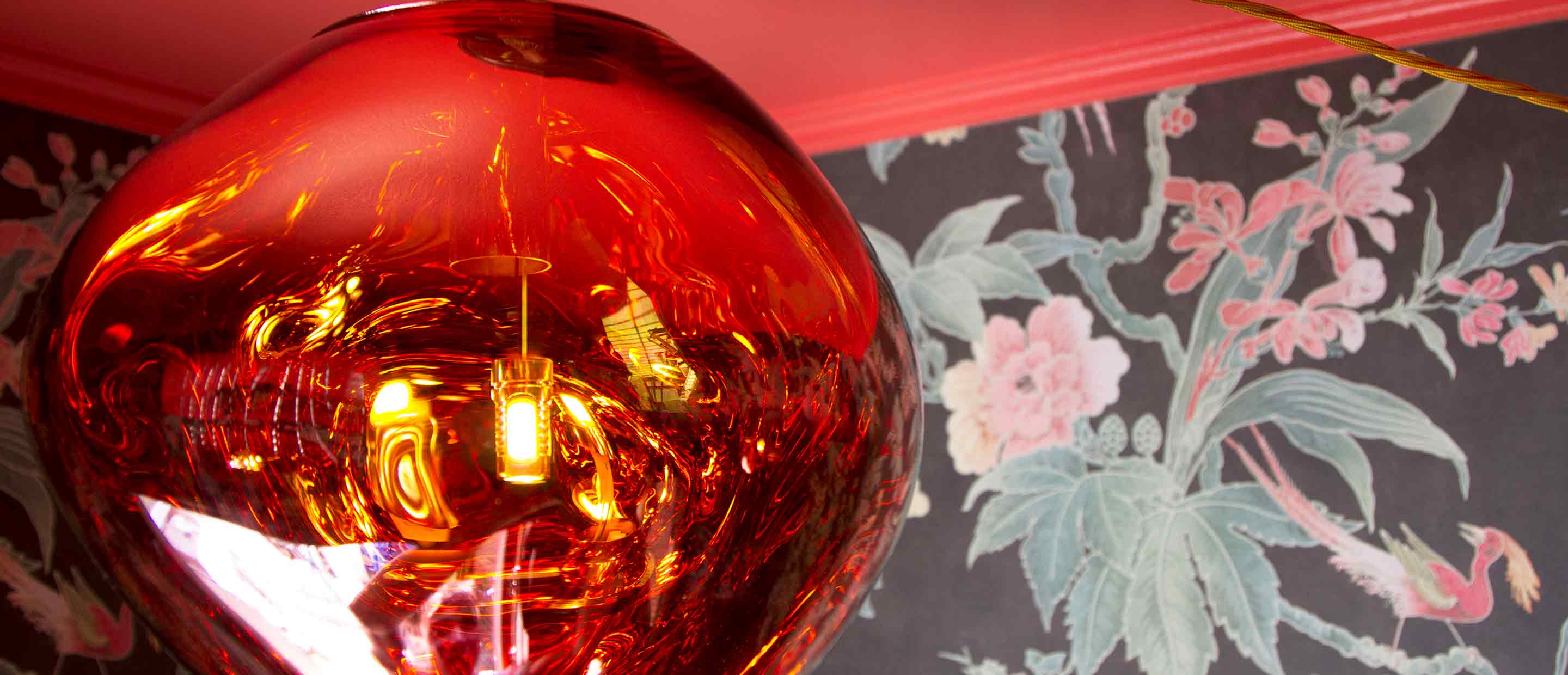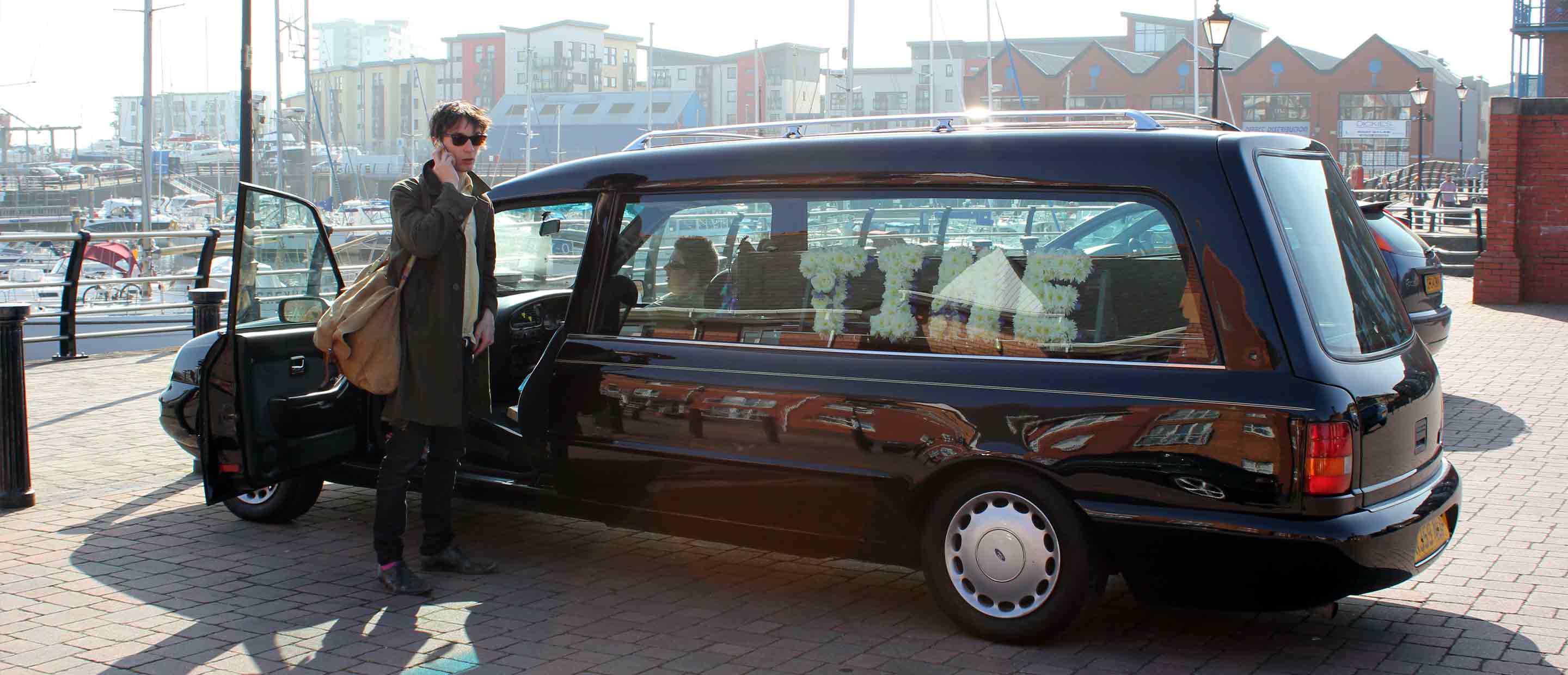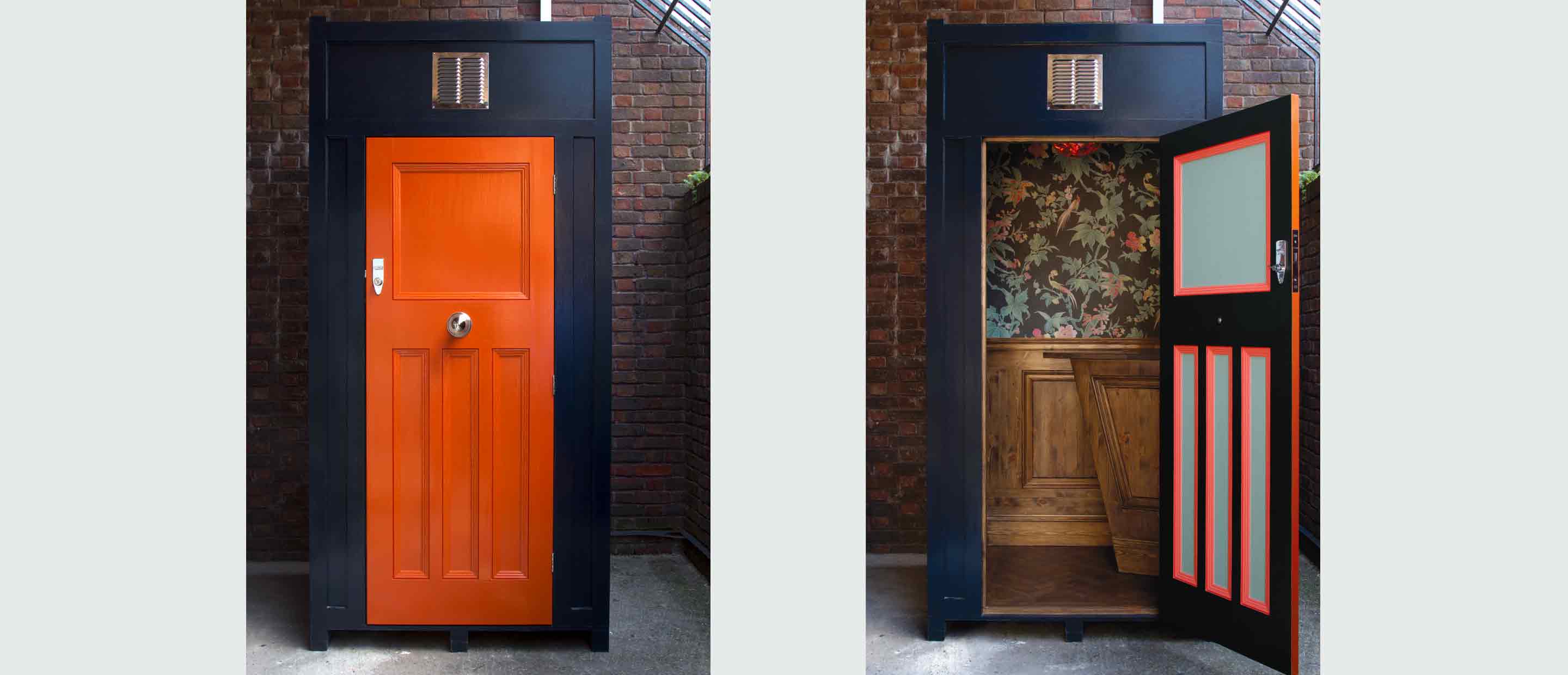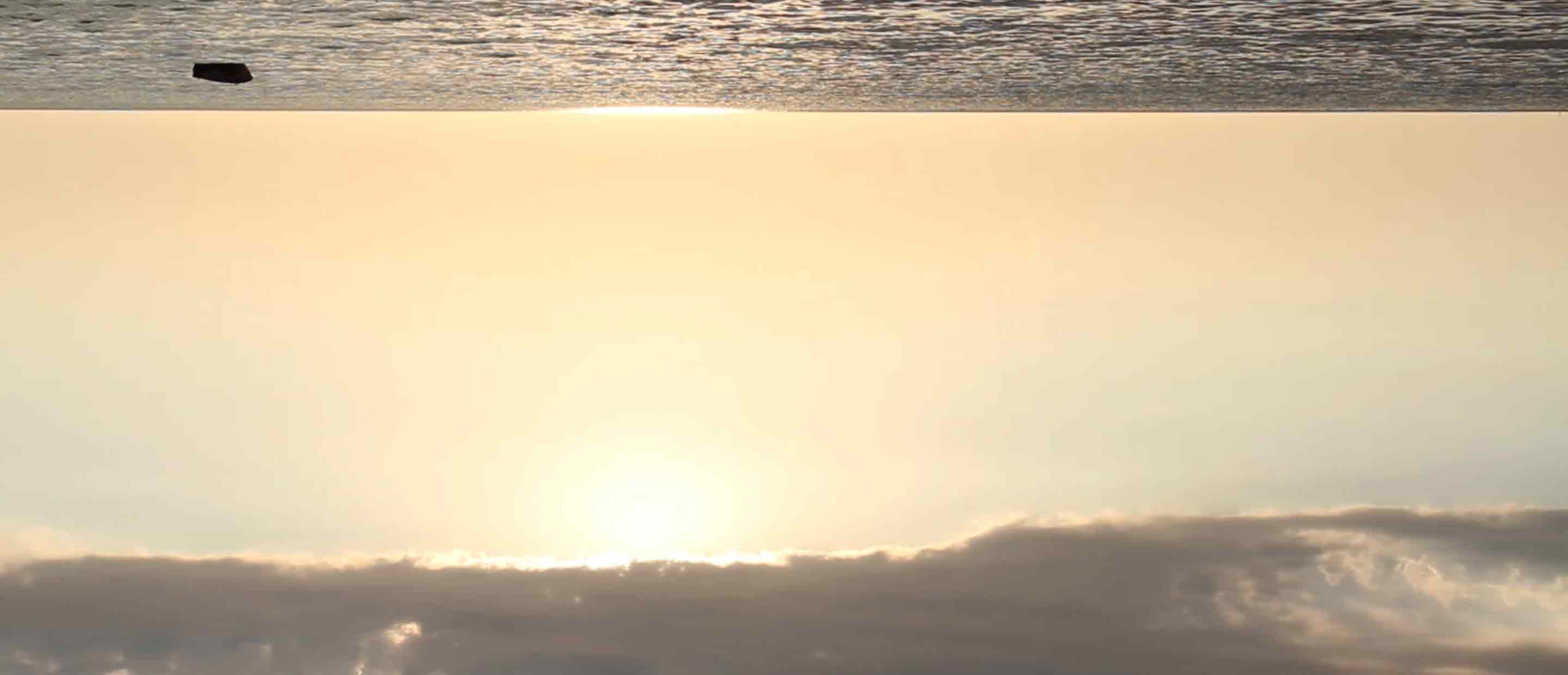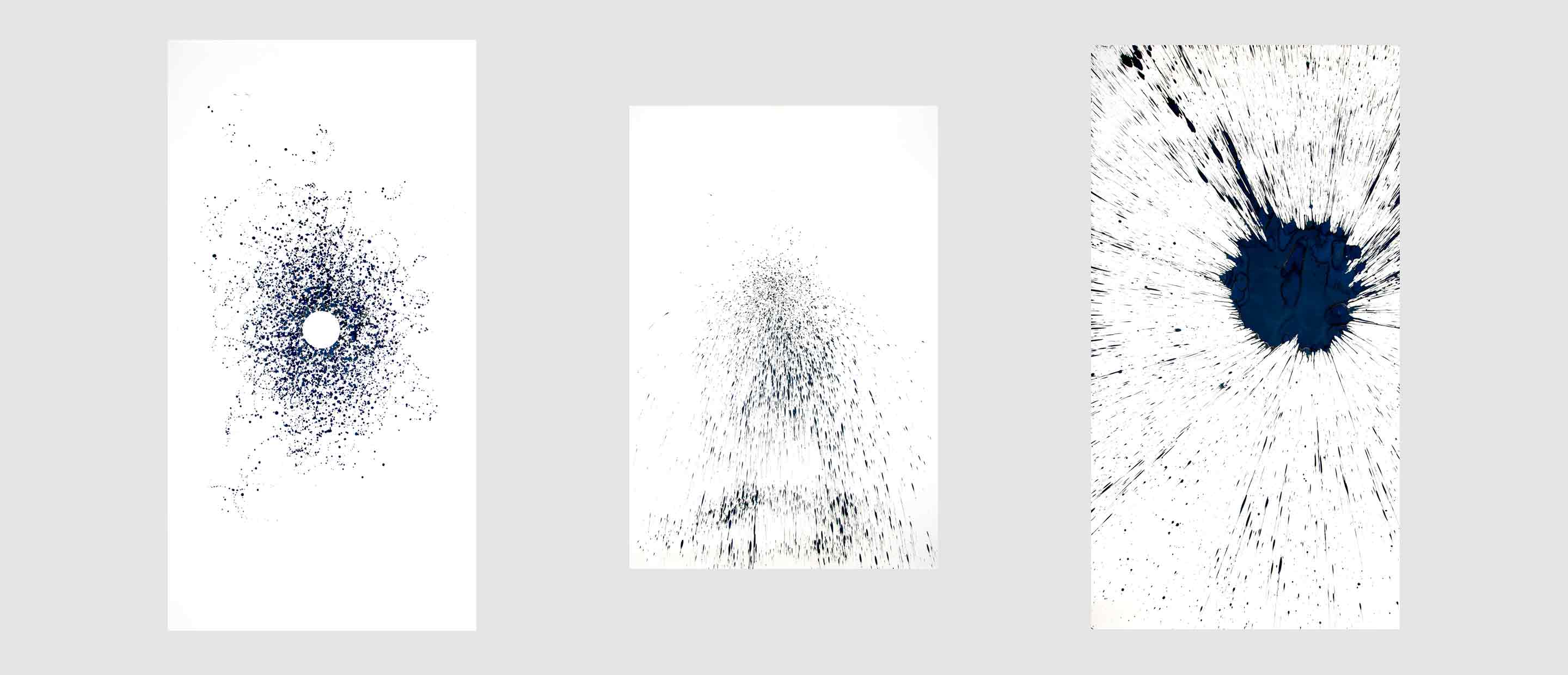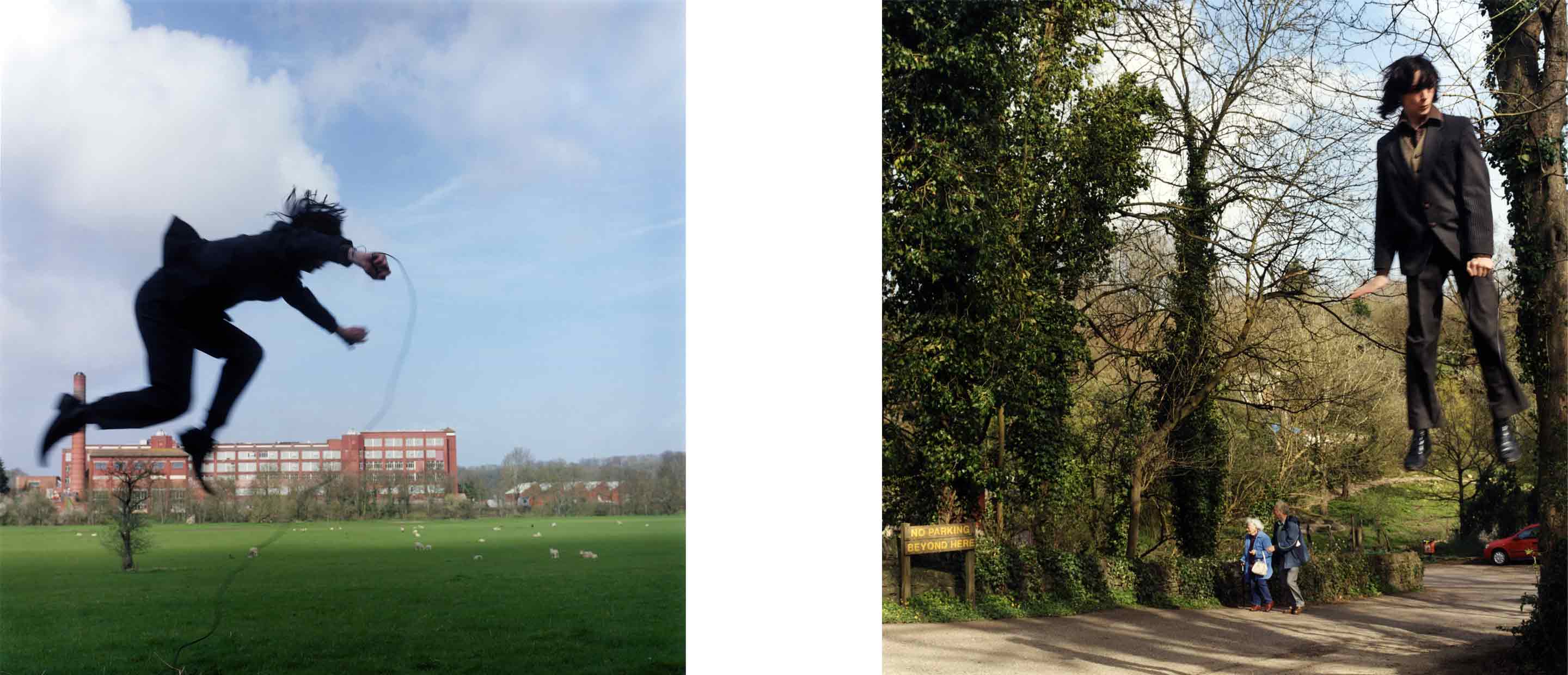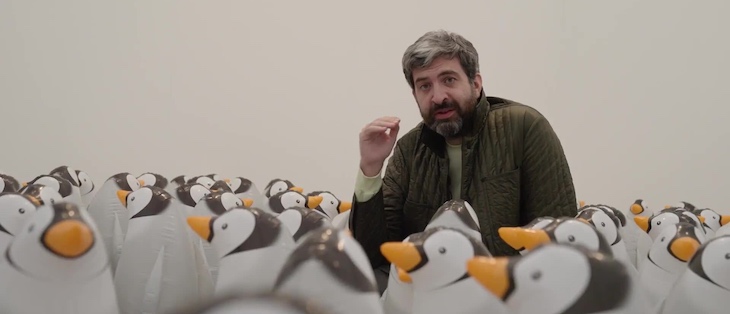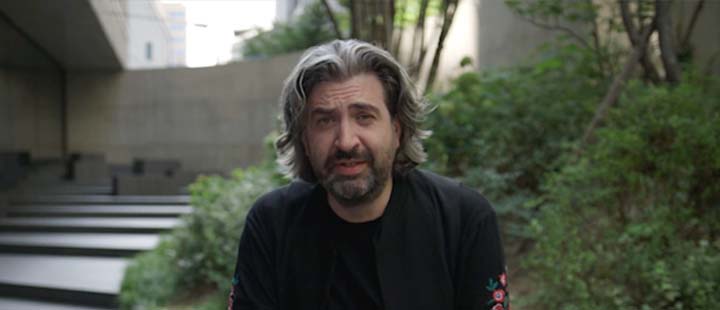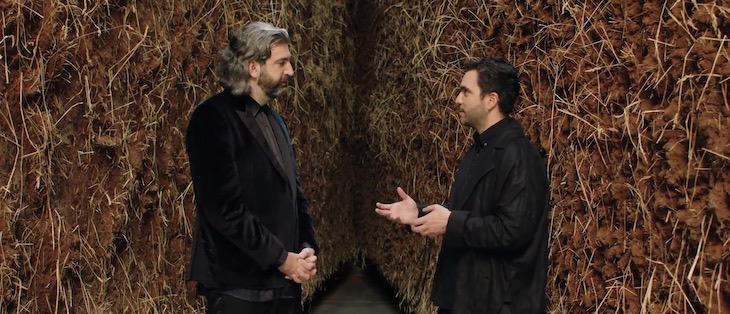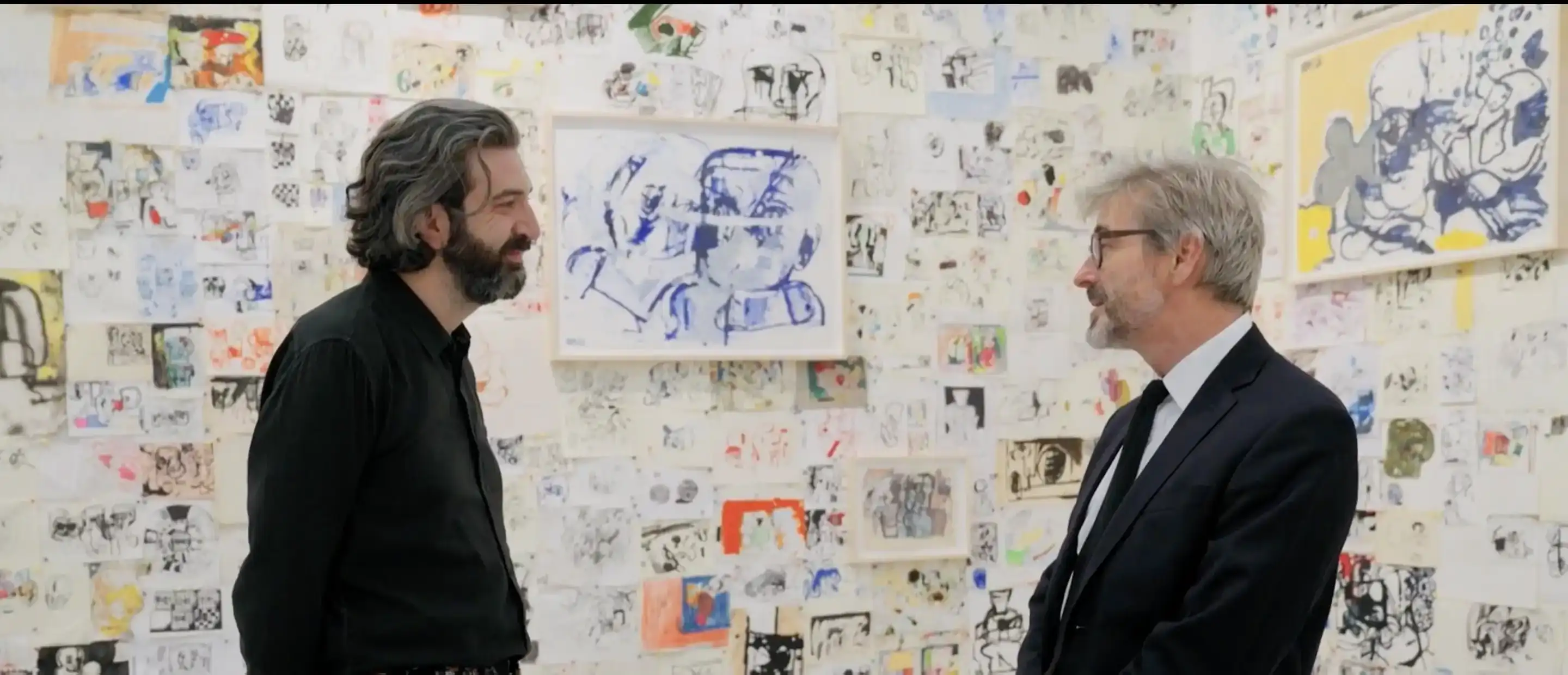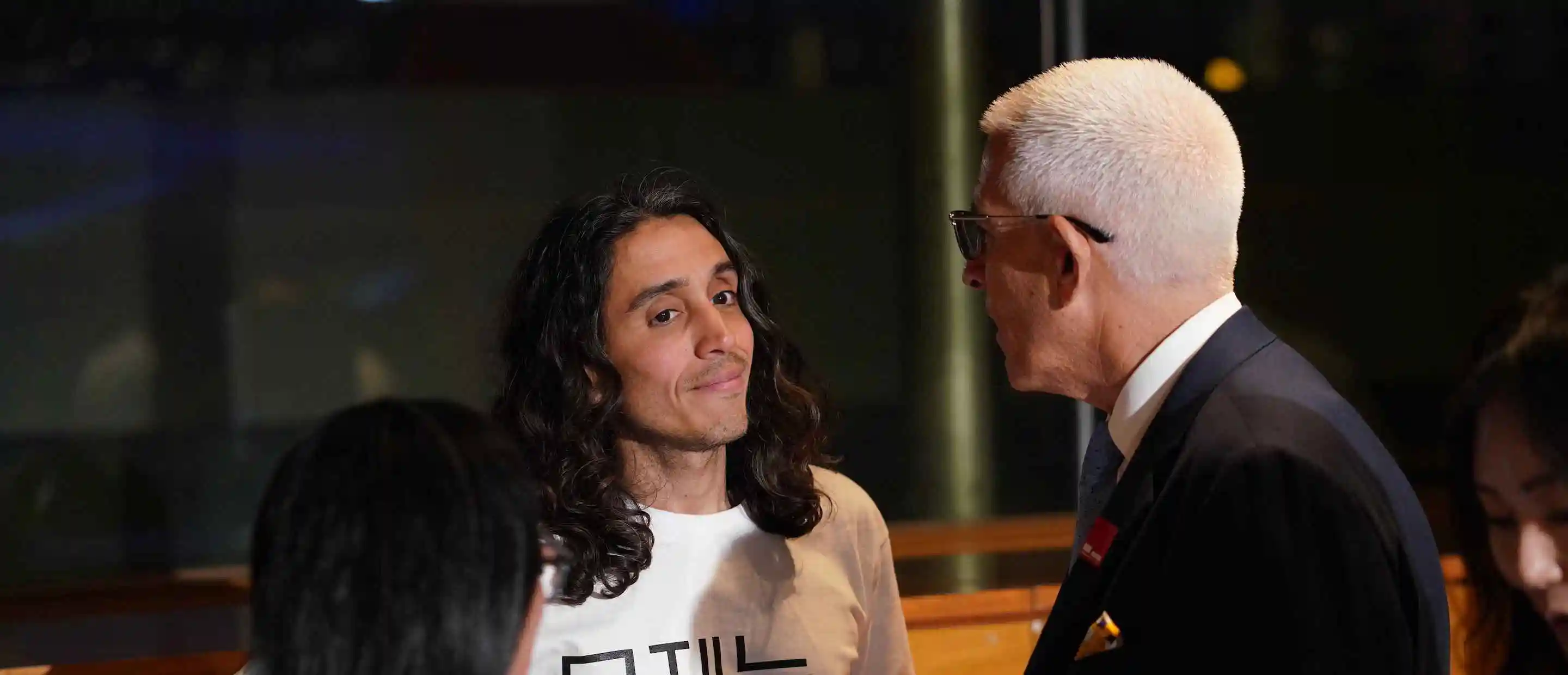The creator of One Square Club – a private members’ club the size of a phone booth – describes his latest immersive art work, on show at Frieze Los Angeles in February 2019.
When, a few years ago, Tom Pope discovered that one square meter of residential real estate in London’s upmarket Kensington & Chelsea cost £11,365 (approximately $15,000) it sparked a brilliant idea. “I thought, this is nuts,” he recalls. “How do they get that value? What is it based on? I had to do something.” The result is One Square Club. Membership lasts no more than a day and the fee is based on the average value of one square meter of property wherever the club is. “It’s interesting how the property and art markets attach certain values, and how these values fluctuate,” he says. “As such, the value of the club’s membership goes up and down depending on where it goes.”
Members are treated to an intimate one-on-one with Pope himself. The interior is kitted out with a bespoke bar, luxurious wallpaper, cozy lighting and a miniature art display. Pope will make you a drink and listen to your woes. Or sing karaoke with you. Or talk philosophy. In fact, anything you like, even sitting in comfortable silence. Now, with the help of Deutsche Bank Wealth Management and Deutsche Bank's Art, Culture & Sports division, he is bringing One Square Club to Frieze LA.
Many of Pope's works combine travel, performance and investigations of time. They're also often playful, and tongue-in-cheek. Time Bound, for example – the performance that won him the Deutsche Bank Award for Creative Enterprises (DBACE) in 2011 – saw him transport a grandfather clock in a hearse from London to Geneva. Then there was The Last Portage (2015), in which Pope, collaborating with volunteers, manually pushed a 15-foot boat across the island of Jersey, from the East coast to the West and into the Atlantic Ocean.
Pope received his master’s degree in photography from the Royal College of Art in London in 2011 and is the co-founder of ArtLacuna, an artist studio and project space he has been running for the past five years. As he prepared to relocate One Square Club to the West Coast of the US, we caught up with him in his London studio:
Anna Wallace-Thompson – The idea of a private members’ club is quite a British concept. How does One Square Club translate in the context of LA?
Tom Pope – To be a member of a club implies a certain level of elitism, whether related to power or social class. It embodies the idea of belonging – or deserving – to be a part of this elite group of people. I think what is particularly interesting about One Square Club in the context of LA specifically is its placement within the Paramount Pictures Studios backlot – very literally on a fake street, inside the façade of a shop. There’s a lot of interesting mirroring going on here with the concept of film stars and celebrities, and the idea of celebrity itself as an exclusive club, as it were. I think the idea behind it fits in here perfectly.
AWT – There’s a great parallel in the shape of One Square Club itself – it’s rather like a phone booth, which is another great British cultural institution – although in the context of Hollywood I guess that would conjure up images of Superman.
TP – It’s also the same dimensions as a portaloo – but cleaner. A lot cleaner. But seriously, I love the idea of this size and how an object like this can at once stand out and also completely blend into its environment. I have a real fascination with spotting portaloos – they’re absolutely everywhere, yet we never really ‘see’ them.
AWT – So is the intention of the club to blend into its LA backdrop, or stand out?
TP – Well, visually it’s never going to blend in here – perhaps it would in London’s prestigious Kensington, Chelsea or Mayfair, but anywhere else in the world it sticks out like a sore thumb because it’s quintessentially British, even on the inside: it has a solid oak floor, bespoke woodwork and elaborate wallpaper.
AWT – The One Square Club also straddles the two worlds of real estate and art – and the values designated to both.
TP – Indeed. As it’s one square meter big, it can also ship anywhere in the world. It kind of folds up nicely with a bow on it as a conceptual piece, which ties in with my interest in the value of an artwork, especially in an unregulated market, which art essentially is. I think it’s interesting how both the property and the art markets attach certain values, and how these values fluctuate. As such, the value of the club’s membership goes up and down depending on where it goes geographically and on time spent in the club.
AWT – Quite a lot of your work deals with ideas of time and space, from moving grandfather clocks to pushing boats or shipping this club worldwide. Why is that?
TP – A lot of works come out of travelling and I’m not entirely sure why. I find going on a journey immensely interesting, but I don’t normally look too much into ‘why’ I do something. I will say that I wrote my dissertation on time and its repetition, which then became the impetus for destroying a grandfather clock and that whole idea of not having to be bound by measured time. Time Bound didn’t start out that way – it began life as an intention to explore measured time and repetition, and then it turned out the way to really do that was to take it to the center of the Large Hadron Collider at CERN and destroy it, because that place represents time at its smallest, most miniscule increment. So that became an interesting journey.
AWT – There must be an element of ‘letting go’ in pieces like this, where so much is out of your control and you can’t predict the outcome, per se.
TP – I used to be really controlling! During Time Bound, taking the clock to Geneva I pushed my friends to the very limits both physically and mentally. We pretty much lived and worked out of a hearse for five weeks as we travelled through Europe, working out the route as we went. They also assisted with my improvised performances and filmed and documented the whole thing. After that, I realized it is in fact OK to give up some control. I now understand my role in a performance is to be the author – or the conductor, as it were – and to let things flow.
AWT – And there’ll be a lot of that in One Square Club…
TP – Yes, when you become a member of the club, you also buy into the performance and experience between us: we can both dictate and direct where the conversation goes and whatever actions we perform. Any action on the part of the ‘member’ will change the course of what happens.
AWT – How do different audiences impact your work?
TP – I’ve performed in lots of different countries and it’s always interesting to see how people react differently. For example, I think in Britain people tend to be more reserved, so if you walk down the street and see something going on that you’re unsure of (e.g. me doing a performance), you might cross the street to avoid it, or just pretend it doesn’t exist. Whereas in France, people will come right up to me and ask what’s going on, what’s happening? I’m quite excited about doing One Square Club in LA because I think in America people are more open to new connections and interactions.
AWT – Ultimately, what do you want people to get from the One Square Club experience?
TP – Laughs. The joy of the absolute absurdity of opulence and elitism. A fun conversation.
Anna Wallace-Thompson is an arts and culture writer based in London.
